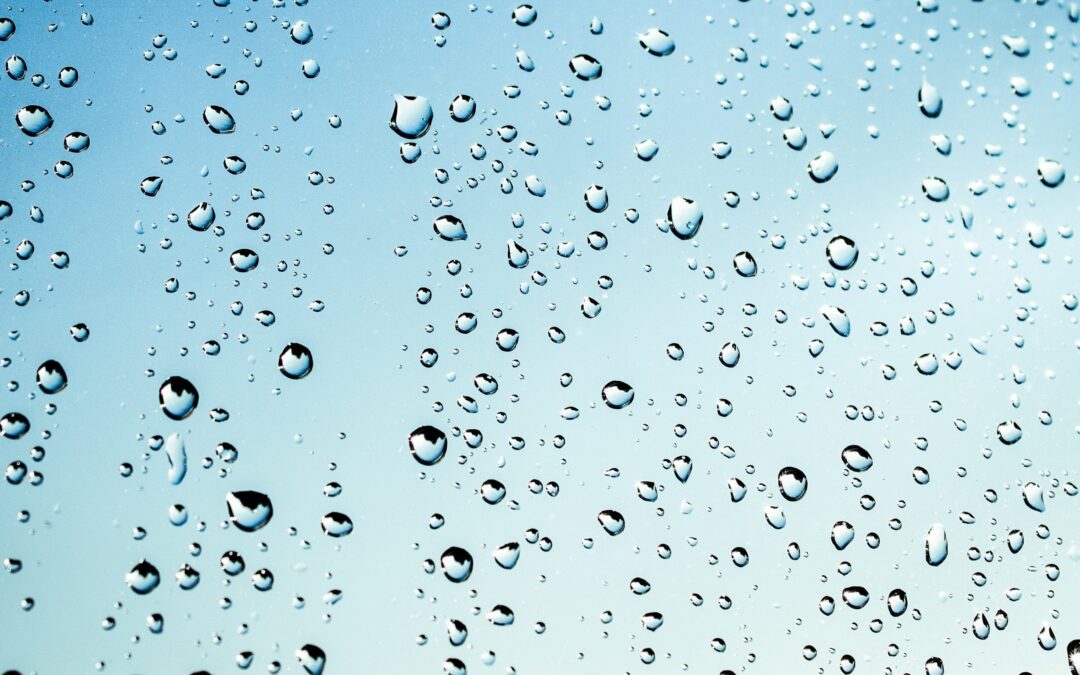Access to drinking water continues to be, without a doubt, a huge challenge worldwide. Its scarcity continues to grow, mainly due to climate change, pollution, and its inefficient use.
Causes of pollution are several, but studies show that most are related to human action, such as the presence of garbage and feces in rivers, coupled with lack of water treatment.
While researching this subject, I stumbled upon a significant amount of news, but two publications especially caught my attention, which report on studies that state that the main reasons for the contamination of rivers in Guatemala are human waste and garbage.
The Innovation Fund Award, 100,000 Strong in the Americas (100K), which receives the support of AgroAmerica and the U.S. Department of State, was awarded to the San Carlos State University of Guatemala, the Technological University of Honduras and Texas Tech University, which will conduct a Convergence Research to Tackle Grand Challenges: A Unified Response to the Contamination of the Rio Motagua Basin.
This contribution will be of great benefit to find solutions to the problem of garbage in rivers, which must begin with education in homes and schools.
Access to drinking water is not only essential for life, but it is a human right. For this reason, March 22 marks World Water Day, to raise awareness of its importance.
According to the United Nations:
• 2.2 billion people lack access to safely managed drinking water services. (WHO/UNICEF 2019)
• Almost 2 billion people depend on health care facilities without basic water services (WHO/UNICEF 2020)
• Over half of the global population or 4.2 billion people lack safely managed sanitation services. (WHO/UNICEF 2019)
• 297,000 children under five die every year from diarrhoeal diseases due to poor sanitation, poor hygiene, or unsafe drinking water. (WHO/UNICEF 2019)
• 80 per cent of wastewater flows back into the ecosystem without being treated or reused. (UNESCO, 2017).
Water is also essential for food production. We can practically say that without water there is no food. Rain is necessary in agriculture, hence the importance of conserving forests and resources. At AgroAmerica we have reforestation programs with 20 reservoirs that allow us to capture water during the rainy season equivalent to 432 olympic pools and 384,939,528 gallons of water.
Saving water or ensuring zero waste of water should be the responsibility of all. Governments have a role to play by implementing policies and programs for river conservation, sanitation and access to drinking water. Companies can optimize its use, avoid contamination, and reuse water, and citizens can implement several measures: not throw garbage out in the street or in rivers; turn off the faucet while washing dishes; use less water in the shower; not leave the tap running while brushing your teeth; reuse water, for example for irrigation.
At AgroAmerica, water conservation has been one of the main pillars of our Social Responsibility and sustainability strategy. Since 2008 we have implemented efficient use of water technologies that have allowed us to reduce water consumption by 50% versus traditional irrigation systems. Our packing plants have a water reutilization system.
To commemorate World Water Day, I invite you to raise awareness about saving water, and to think about what measures we can each adopt in our homes and businesses.
You can read more about our efforts in this and other important topics in our Sustainability Report.
